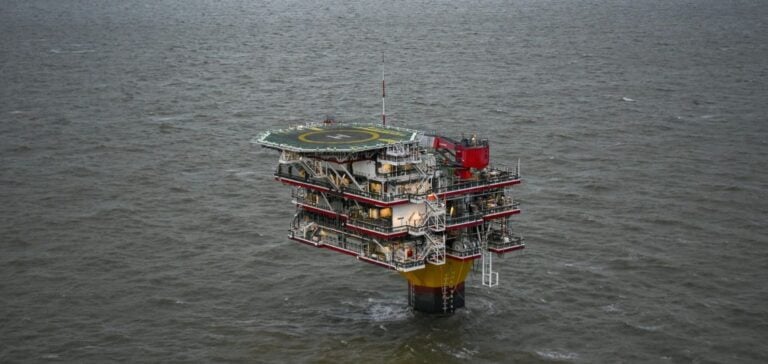The UK government is planning major adjustments to the Extraordinary Profits Levy (EPL) for oil and gas companies operating in the North Sea.
These changes could have a significant impact on investment in the upstream energy sector.
A recent study by Wood Mackenzie highlights the potential impact of these changes on the industry.
Proposed modifications
The draft reforms propose to increase the EPL rate from 35% to 38%, extend the sunset clause to March 31, 2030, and repeal the 29% tax relief for investments.
In addition, capital allowances would be reduced, although the specific details of these changes are not yet specified.
These adjustments are intended to increase tax revenues, with an estimated £1.2 billion per year, or £6 billion over the life of the parliament. This reform could have a significant negative impact on the investment climate.
Impact on Investment
Graham Kellas, Senior Vice President of Global Tax Research at Wood Mackenzie, points out that these changes could lead to reduced investment in the upstream sector.
Reduced tax incentives and uncertainty surrounding capital depreciation adjustments could dampen investor commitment, leading to a possible premature reduction in production.
This situation could adversely affect the future development of the North Sea oil and gas sector.
Reactions and implications
The Wood Mackenzie study also points out that the extension of the sunset clause until 2030 is surprising.
The Labour government had previously announced that it would maintain the EPL as it stands until the end of this parliament in 2029.
This extension changes the outlook for investors, who may now see the EPL as a permanent component of the tax system.
James Reid, Senior Analyst at Wood Mackenzie, notes that this continuing uncertainty could alter long-term investment forecasts and negatively influence the financial planning of companies in the sector.
Consequences for Industry
The proposed changes highlight a gap between the investment and production phases.
The continued extension of the EPL end date creates greater uncertainty for investors, who may adopt a more conservative approach.
This dynamic could slow the pace of development of current projects and reduce the prospects for future expansion in the North Sea energy sector.
Future prospects
Adjustments to the profit levy introduce significant challenges for the North Sea oil and gas industry. The consequences of these reforms could include reduced investment and altered long-term development strategies.
The government’s ability to balance tax revenues with investment support will be crucial to the future viability of the sector.






















